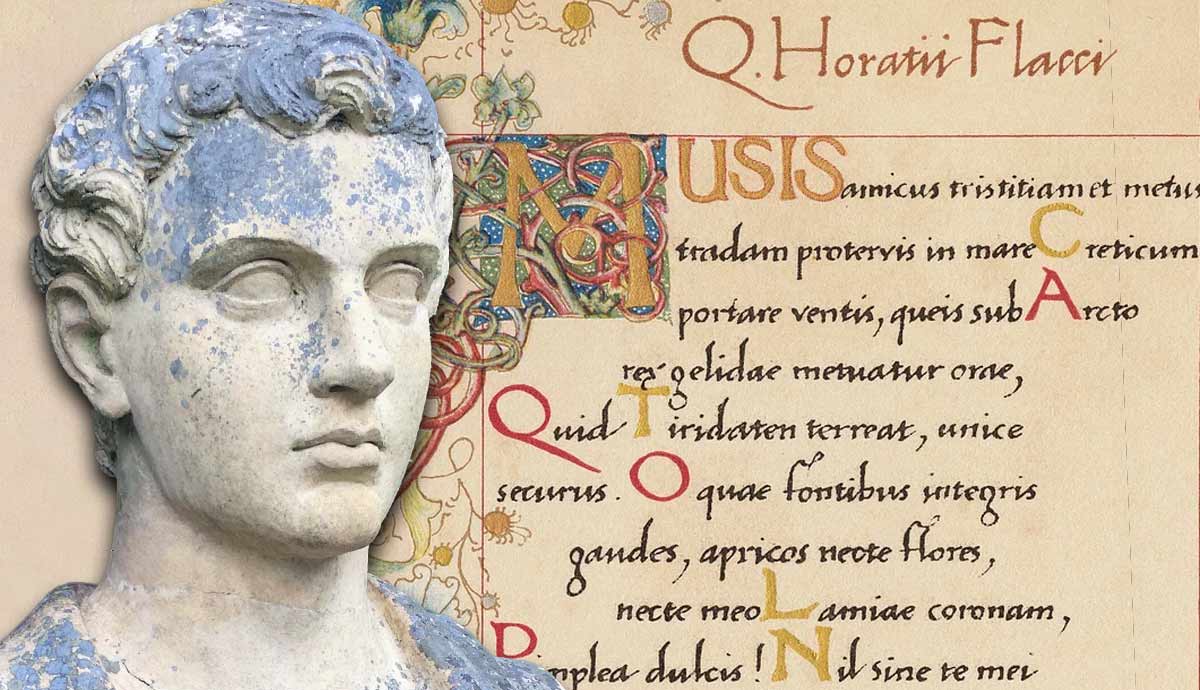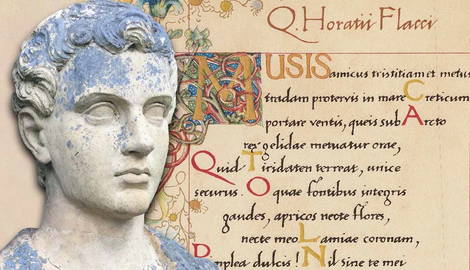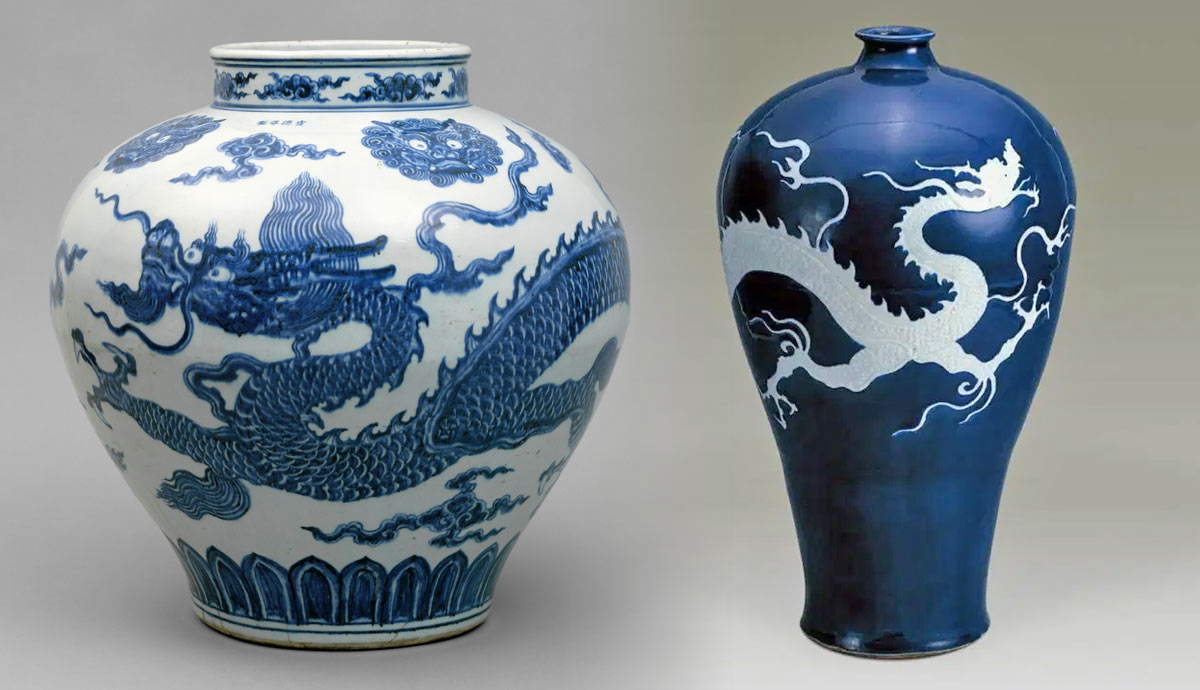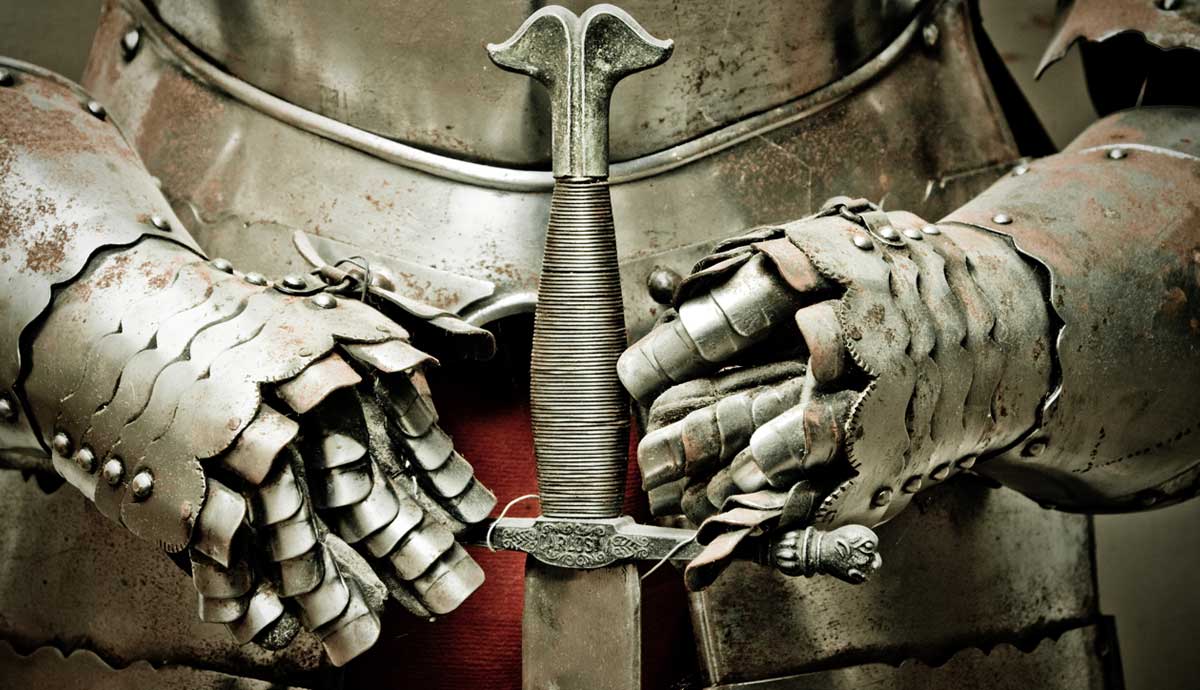
Quintus Horatius Flaccus, more commonly known today as simply Horace, was—and still is—a popular Roman poet. His life and works coincided with monumental changes in the city, as he wrote during the life of Octavian, who would soon become Rome’s first emperor. He was a prolific writer whose verses were relatable, accessible, and often autobiographical. His pieces have left scholars with many sources to consult when thinking about who, exactly, the poet was.
Horace Was the Son of a Formerly Enslaved Person

Although Horace is known today as one of Rome’s greatest poets, his life had humble beginnings. On December 8th, 65 BCE, he was born in Venusia, a small but strategically important colony in southern Italy. Horace’s father was a freedman—formerly enslaved but free by the time of his son’s birth—and the poet credits him for his well-being, writing in Satires that: “If I live a virtuous life… and if I am to my friends a good friend, my father deserves all the credit.” Horace never mentions his mother, but it is possible she was also enslaved or perhaps died when he was young.
He Studied in Rome and Athens

Horace’s father, a “coactor”—likely a tax collector or auctioneer—used his savings to send his son to Rome. In the city, Horace would have received a comprehensive education in literature, philosophy, and rhetoric, a standard for young men of his social class. While the specifics of his schooling are not documented, the depth and breadth of Horace’s literary career suggest that he was well-prepared for his future as a poet.
Horace eventually left Rome for Athens, where he might have enrolled at Plato’s Academy, which had been established centuries before. Wherever he studied, it wasn’t long before he was pulled in by the political idealism that swept the city following Julius Caesar’s assassination and Brutus’s bid for power. However, Brutus’s campaign lost within two years, and Horace returned home.
The Young Poet Quickly Gained Friends and Patrons

When Horace arrived back in Venusia, he found that his father’s land had been confiscated by Octavian, later known as Emperor Augustus, likely because of Horace’s allegiance to Brutus. Now, without a family, home, or money, Horace took a job as a clerk and, in his spare time, began to craft his first book of poems. Early in his career, Horace met Virgil, a poet best known for his work Aeneid, and Maecenas, an influential advocate of the arts and political advisor to the emperor. Horace remained close friends with both men throughout his life. He and Virgil dedicated various works to one another, and Maecenas became his patron, supporting him financially throughout his career.
He Published Volumes of Verses

In 30 BCE, Horace published his first-known work: the Epodes, a collection of 17 iambic poems. The iambic meter was much more common in Greece than in Rome, and Horace’s time in Athens likely inspired the form. Around this time, he was also working on his Satires. After his first two works, Horace switched gears, composing four books of lyric poems collectively known as the Odes today. They were published between 23 BCE and 13 BCE. His last known pieces to be published were his Epistles, a series of literary letters like those of Cicero.
Horace’s works—particularly his Odes, which he is best known for—were popular in his lifetime. He gained acclaim throughout Rome, especially with Emperor Augustus, thanks to his friendship with Maecenas. His popularity continues today, and Horace’s poetry continues to be celebrated.
Horace Left a Lasting Legacy

Horace is believed to have died around 8 BCE. He would have been in his late fifties, and he is said to have died from natural causes. He was laid to rest near Maecenas, and both men left their property to Emperor Augustus, as was customary of the times. While his death may not have made much of an impression, his life and works have left a lasting impression on the literary world. Horace’s mastery of language, meter, and poetic form set a standard for subsequent poets, and his exploration of philosophical themes resonated with later writers who explored universal questions—with artists like Dante, Petrarch, and Shakespeare taking inspiration from his work. Alfred Lloyd Tennyson even memorized all of Odes and referenced them in some of his own pieces.

One of Horace’s most enduring legacies is not only his body of works but also the timeless wisdom encapsulated within them. The phrase “carpe diem,” Latin for “seize the day,” is perhaps the most well-known. It appears in several of his poems and continues to resonate as a popular motto. This is a testament to the enduring relevance of Horace’s ideas, showing that while he was a great poet of his time, his wisdom transcends generations, making his work as pertinent today as it was in ancient Rome.










